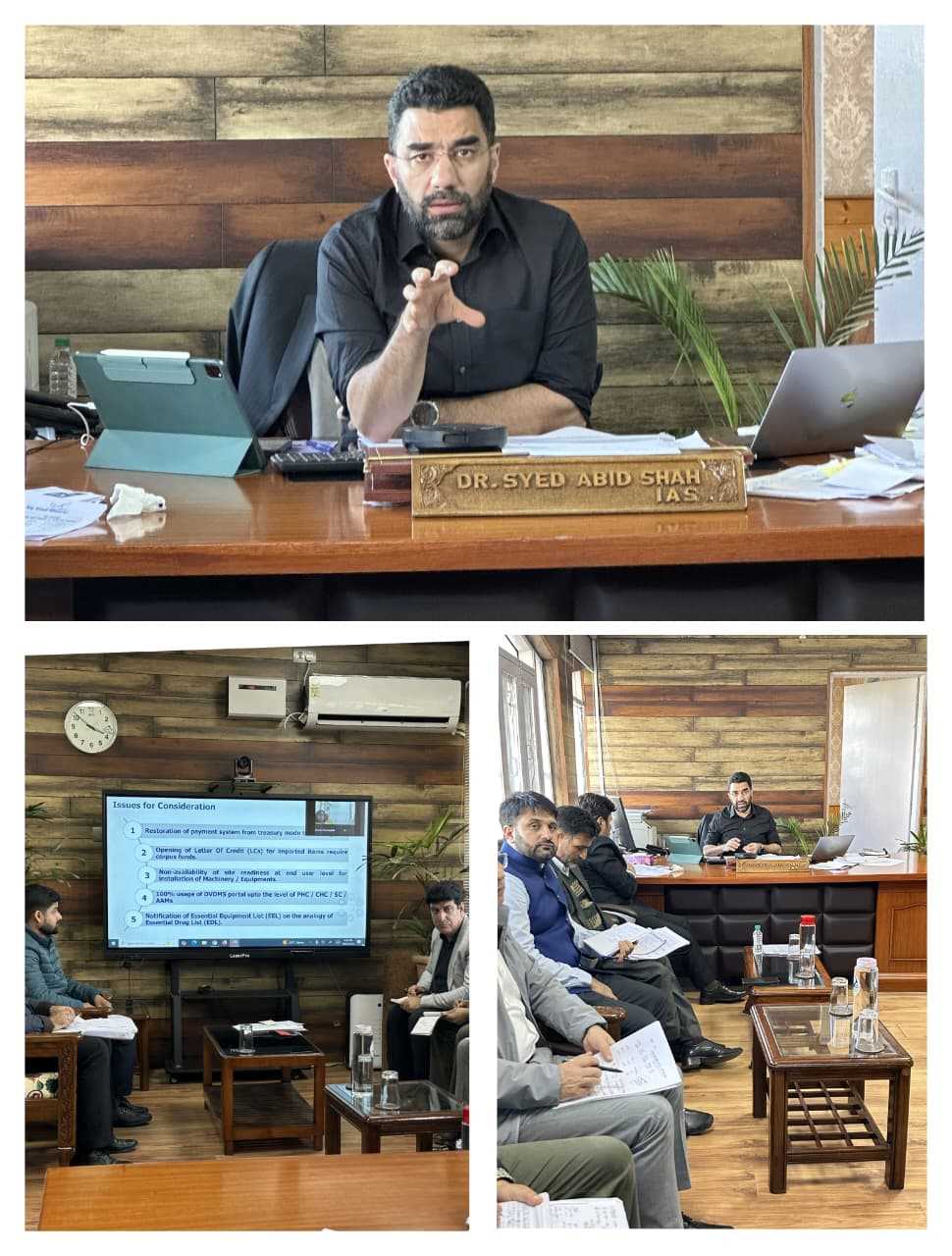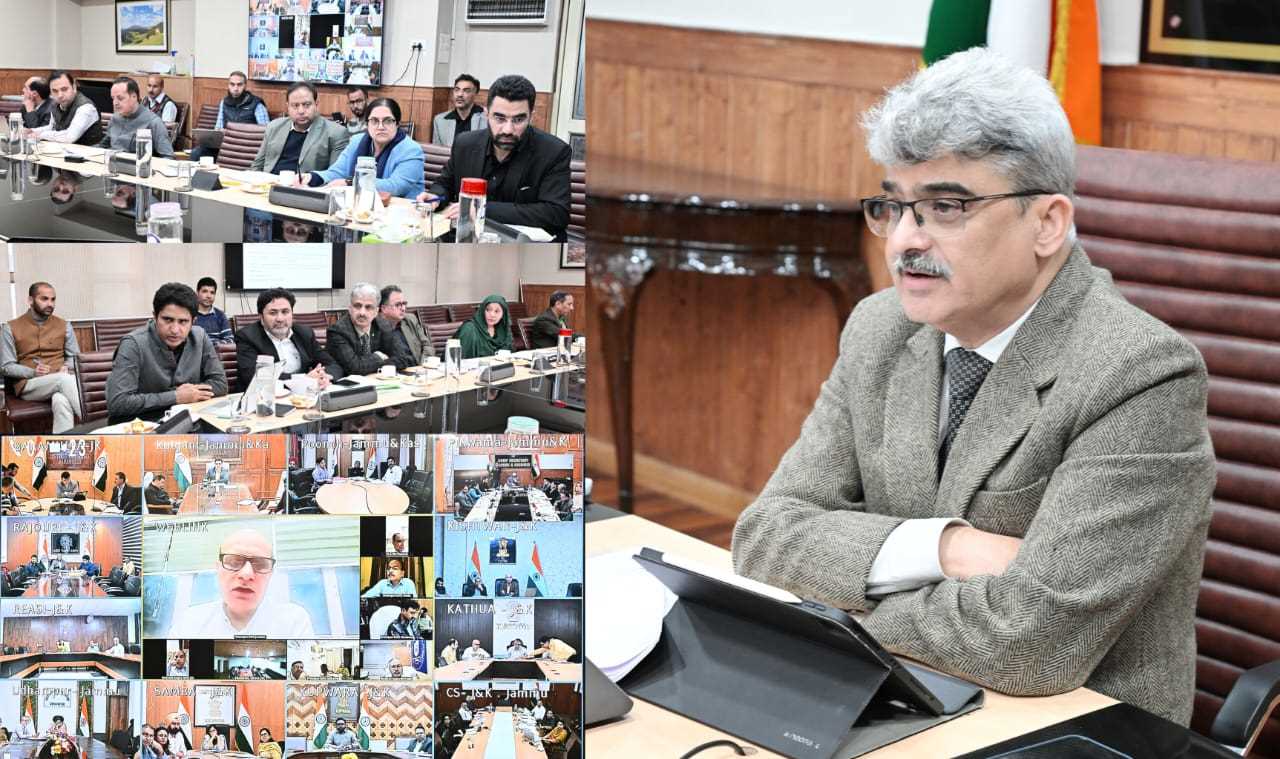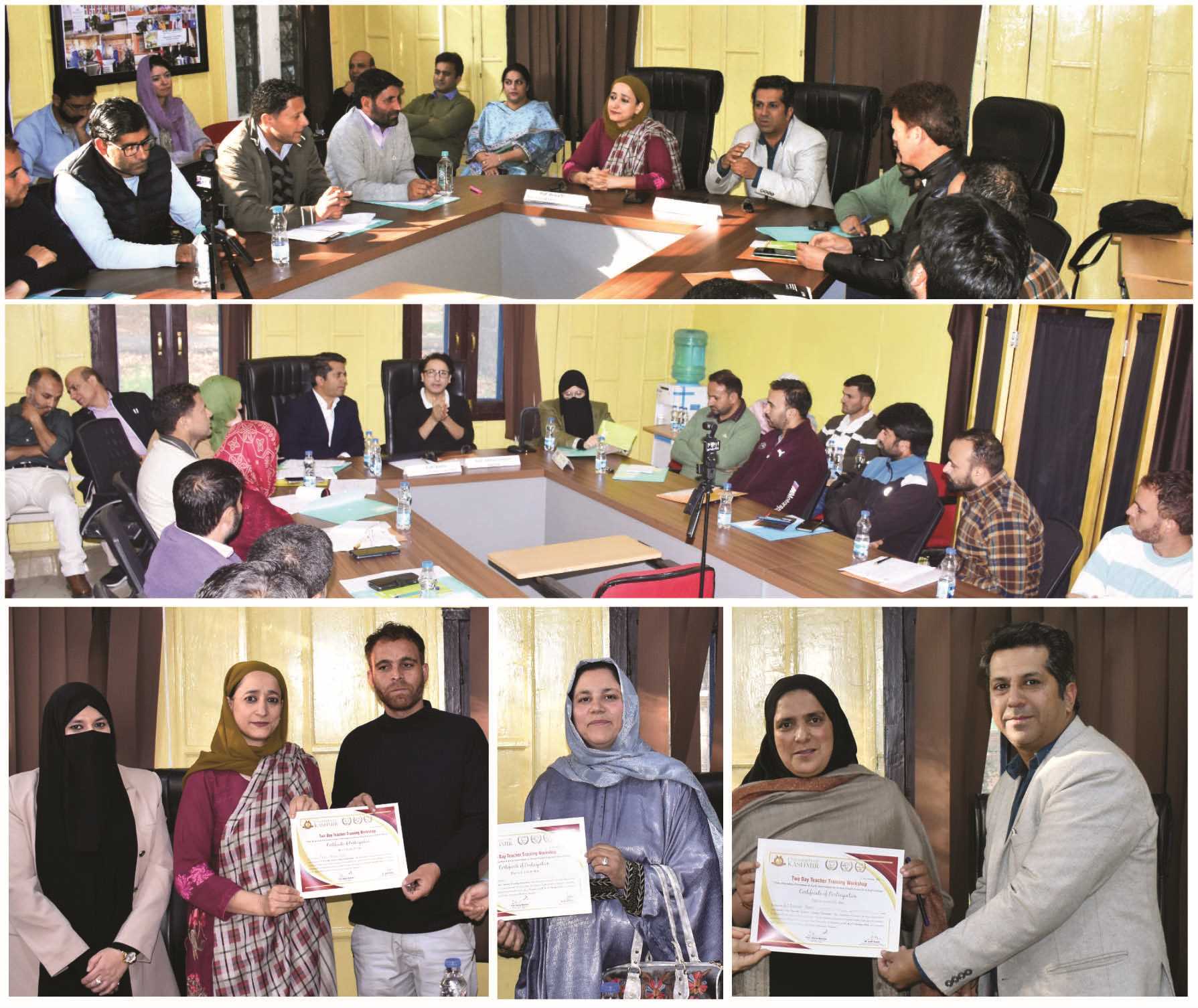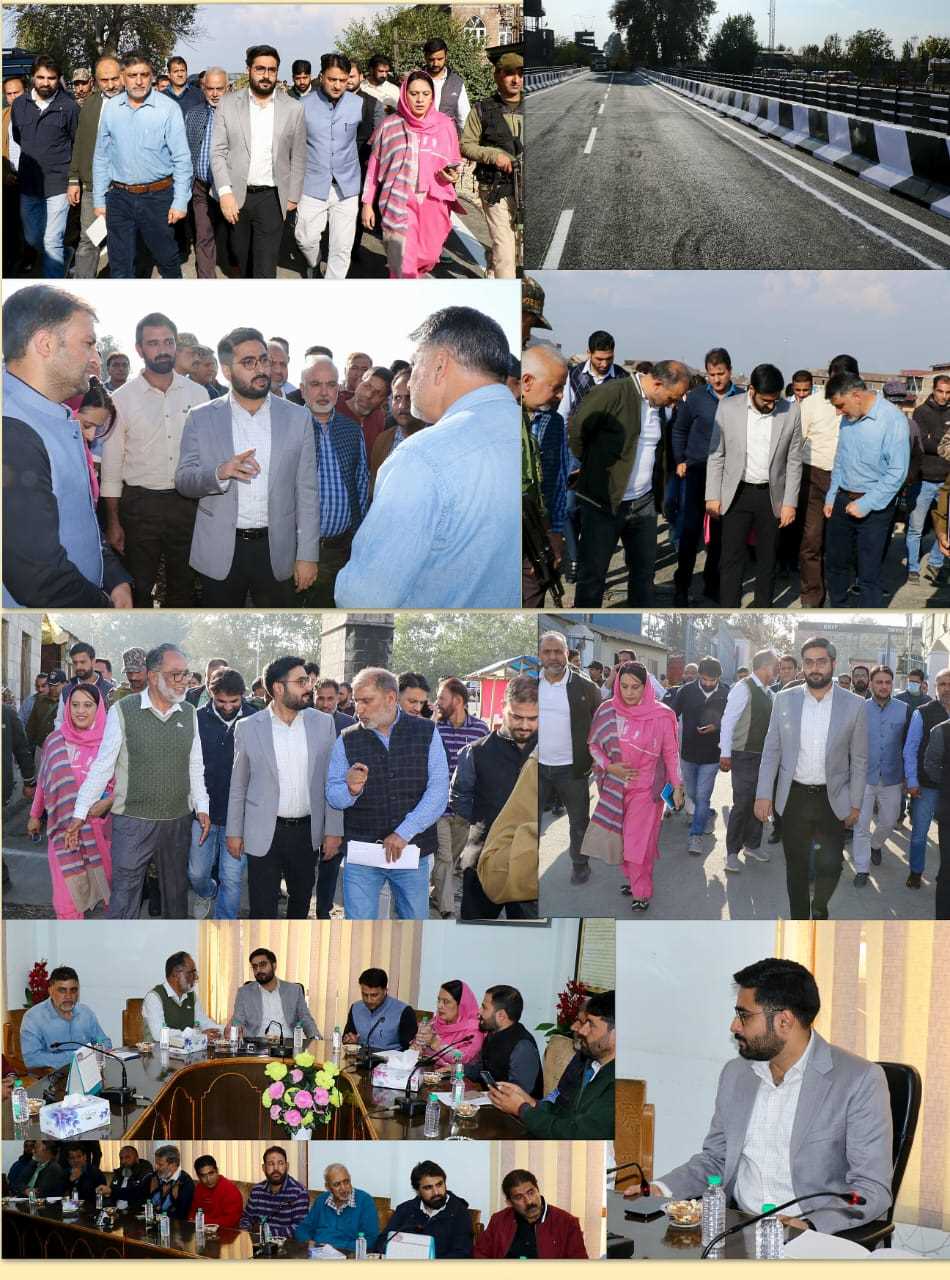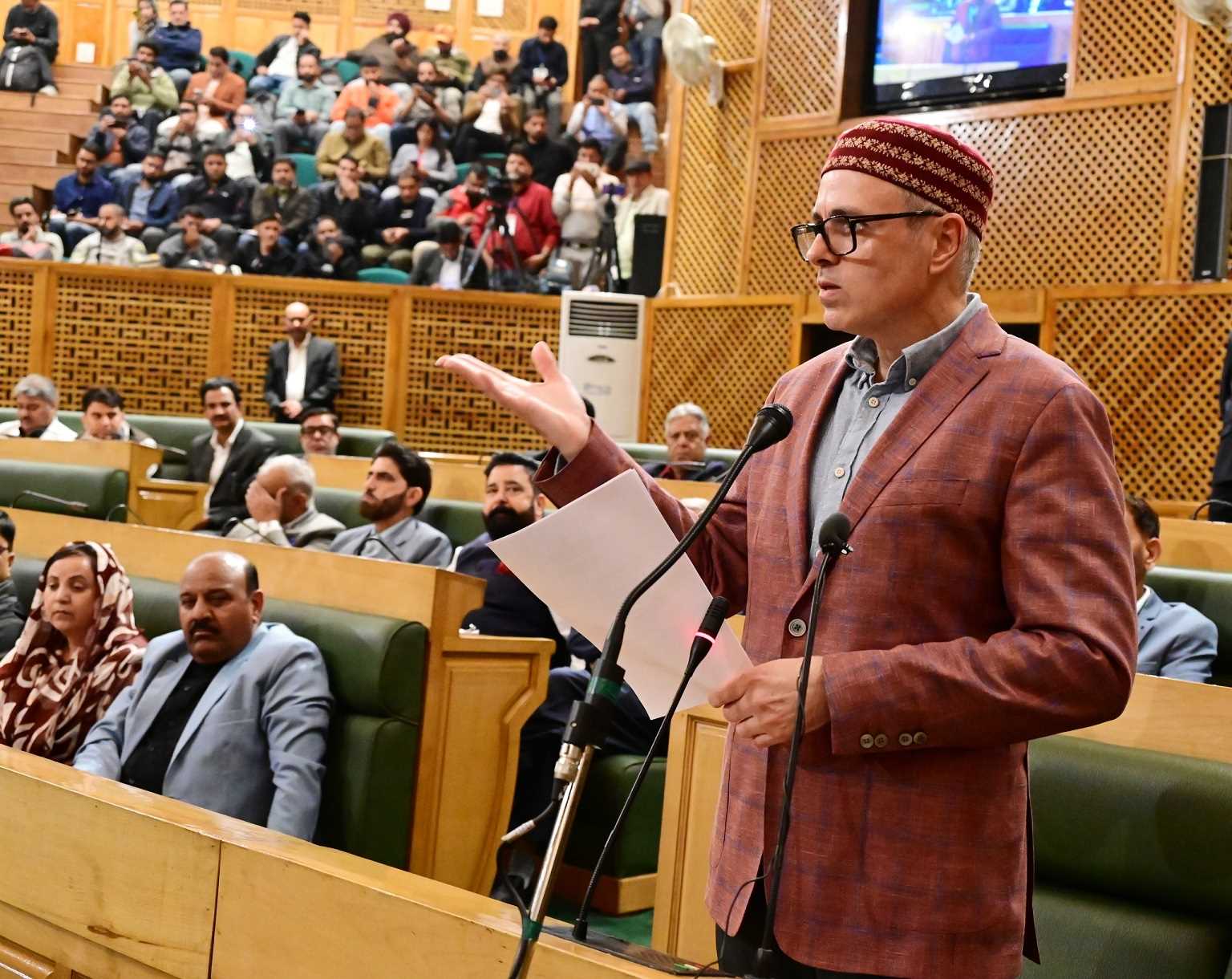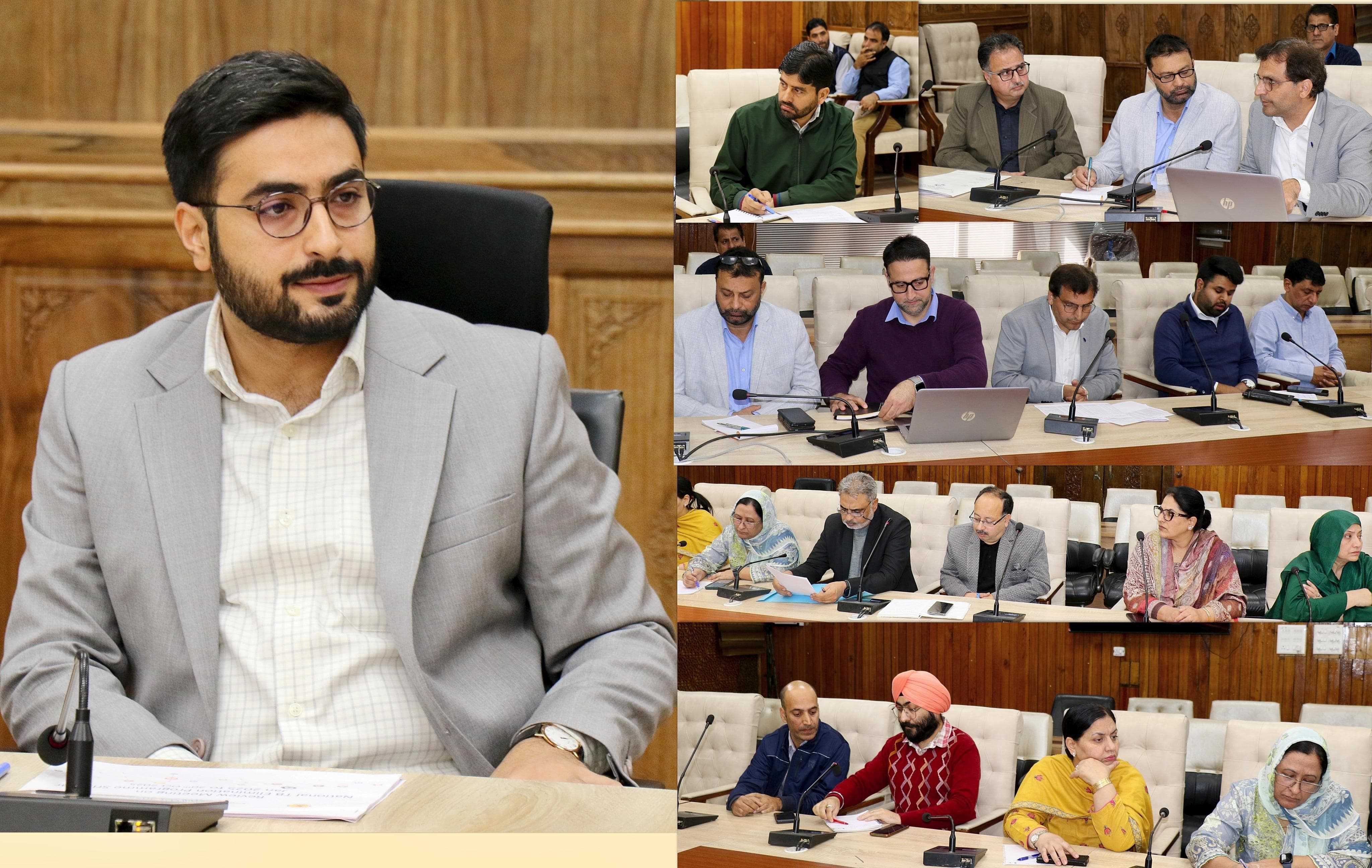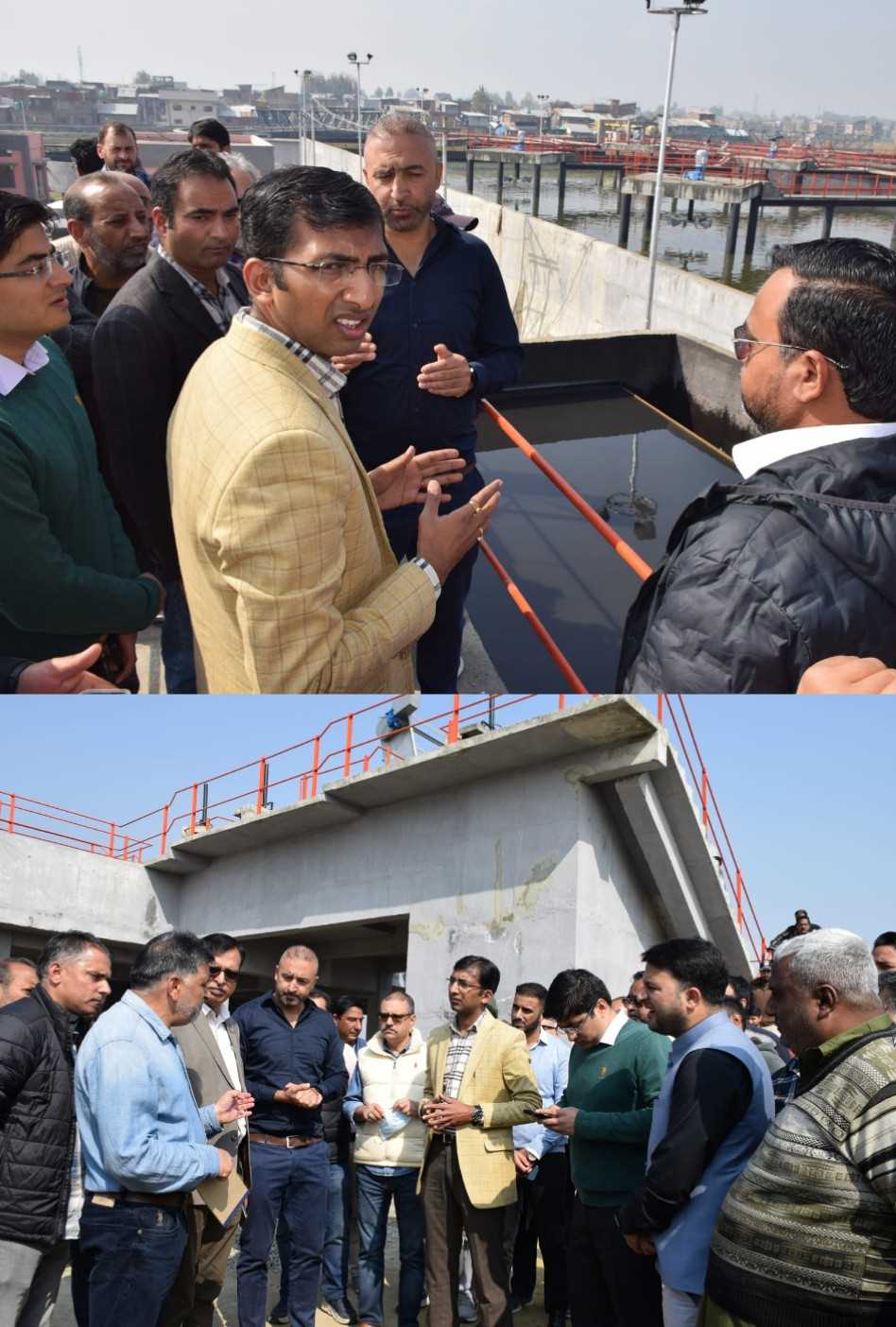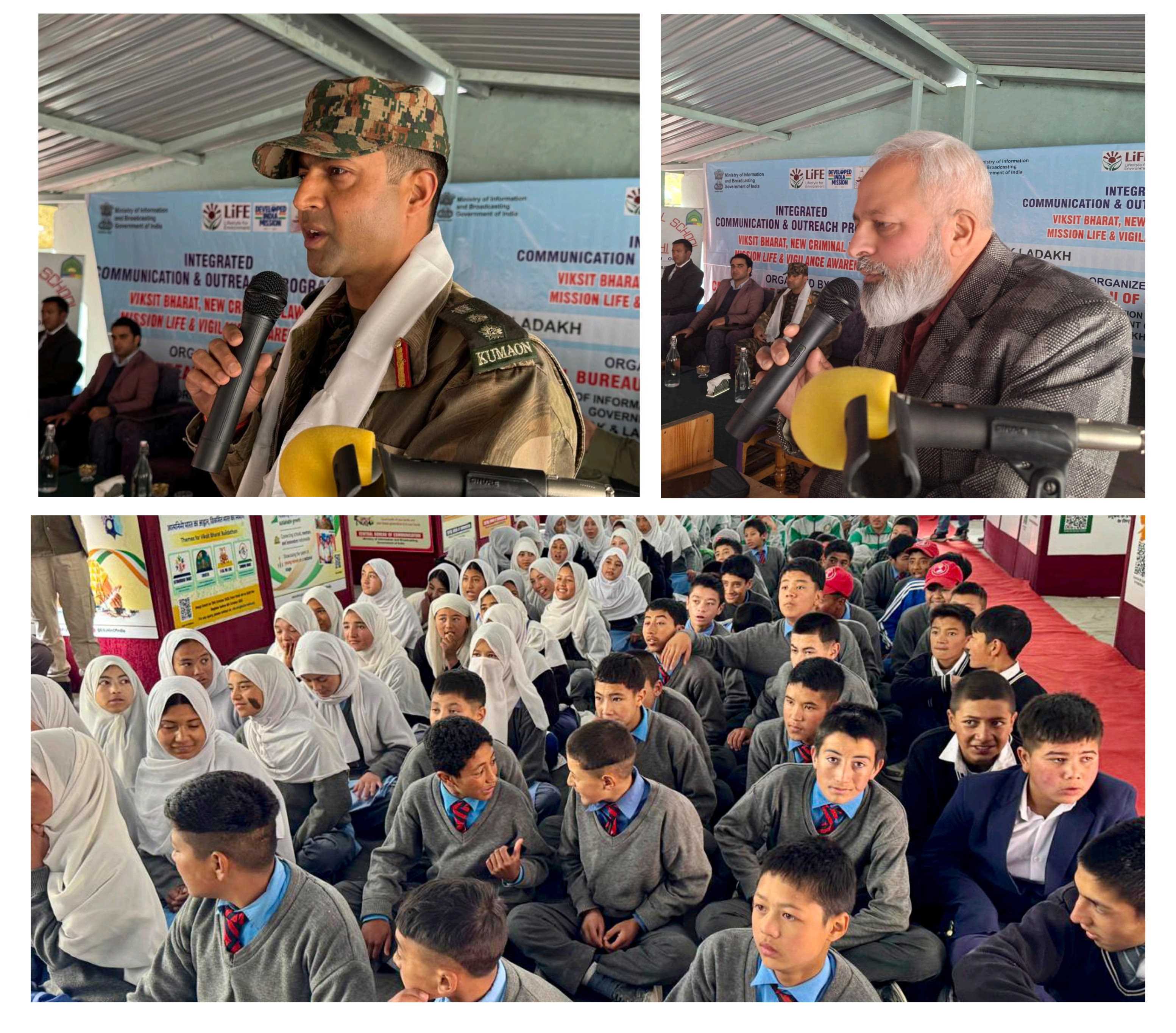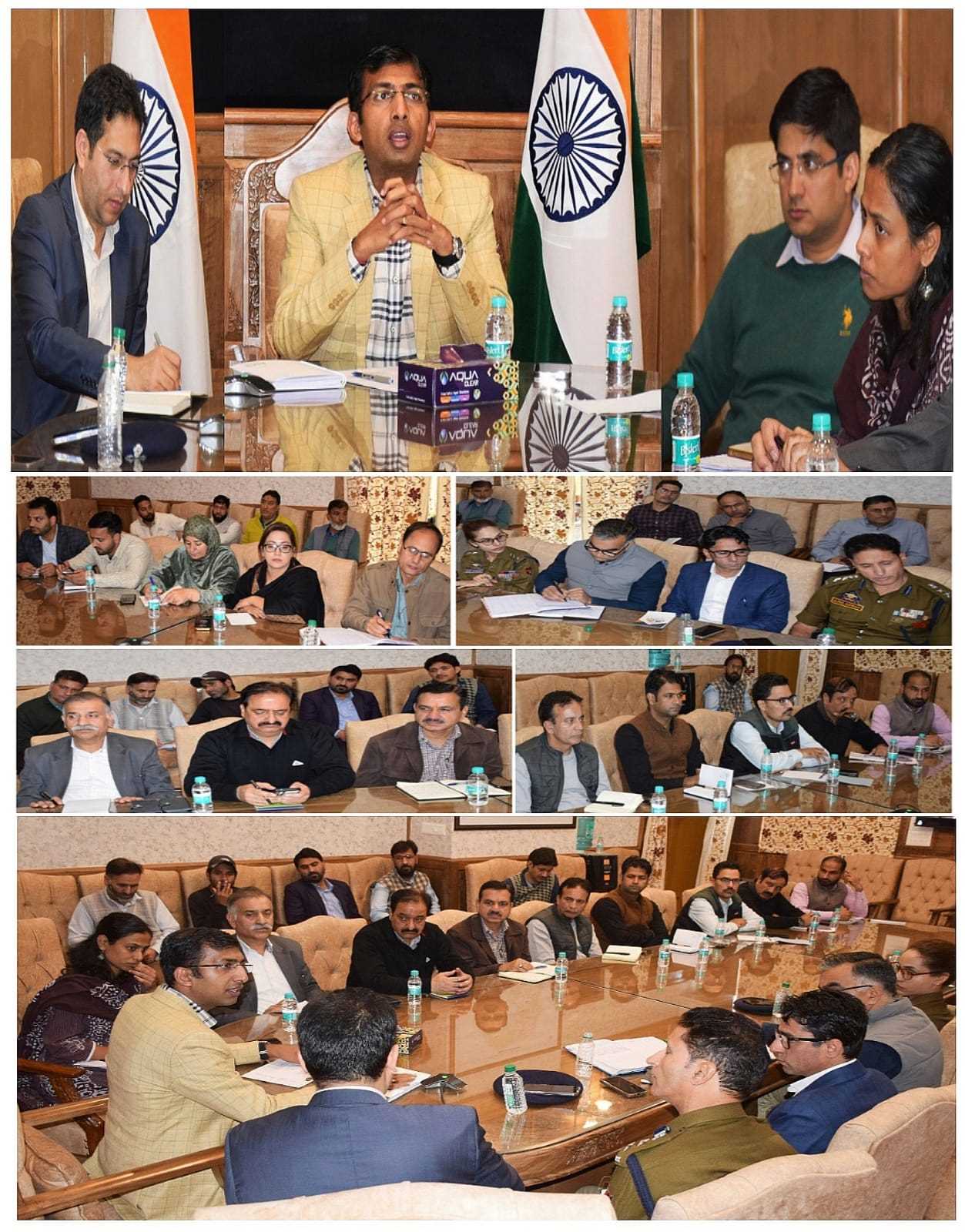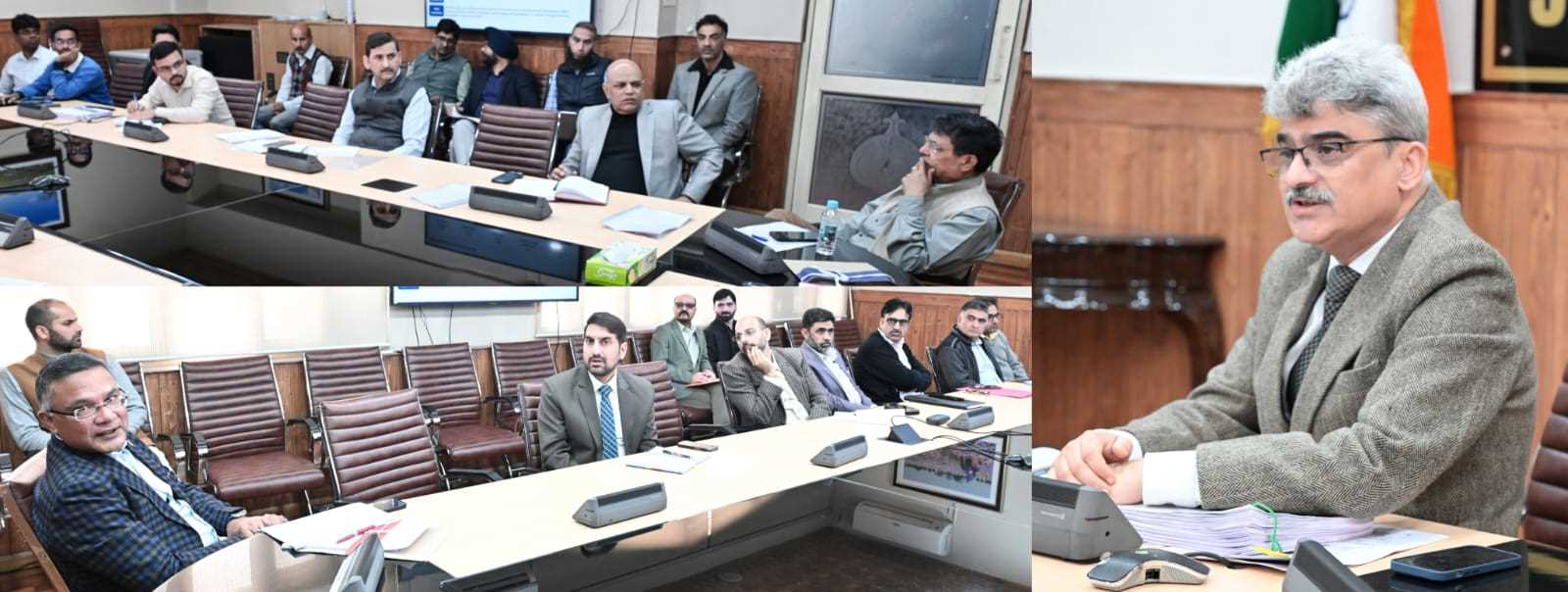As the Jammu and Kashmir Legislative Assembly convenes its session from tomorrow, all eyes are on what promises to be a stormy and politically charged sitting. This marks one of the most anticipated sessions since the restoration of the democratic process in the Union Territory, with key issues ranging from governance and regional representation to employment, power crisis, and developmental disparities dominating the agenda.
The session comes at a time when political temperatures in J&K are already soaring, with upcoming bypolls adding a new layer of political intrigue. Each party — whether it is the National Conference, Peoples Democratic Party, Bharatiya Janata Party, or the emerging regional forces — seeks to assert its narrative and strengthen its public standing. The Assembly floor, therefore, will not just be a forum for policy discussions but also a stage for political positioning. Among the pressing issues likely to fuel debates are the long-pending demands for statehood restoration, unemployment among youth, deteriorating infrastructure, and the security situation. Opposition parties are expected to mount a strong challenge to the government over these concerns, particularly over allegations of bureaucratic high-handedness and slow pace of development in rural areas. Questions about equitable distribution of resources and power supply shortages during the approaching winter are also likely to trigger heated exchanges. For the ruling dispensation, the challenge will be to maintain decorum and steer the session toward constructive deliberation rather than confrontation. It will be an opportunity to highlight achievements in governance, investment initiatives, and infrastructure rebuilding, while addressing the public perception that bureaucratic control has overshadowed political leadership. This session is not just another routine exercise in legislative functioning; it is a test of J&K’s evolving democratic culture. Citizens will be watching closely to see whether their representatives rise above personal rivalries to debate meaningfully on issues that matter — employment, education, healthcare, and peace. At a time when Jammu and Kashmir stands at the crossroads of political transition, this Assembly session must become a platform for accountability, inclusivity, and genuine dialogue. The people of the Union Territory deserve more than rhetoric; they deserve a roadmap for progress and stability. The tone set in this session will determine whether the renewed political process in J&K can truly meet the aspirations of its people.


